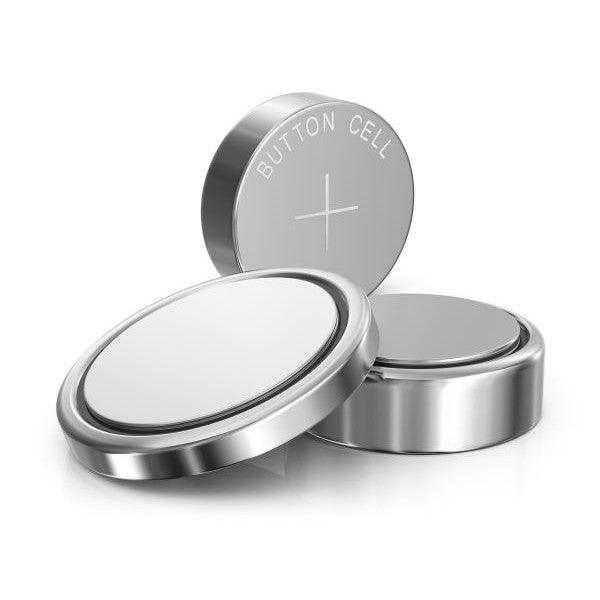Button batteries may seem harmless, but they pose a serious risk to children.
These small, shiny batteries are used in many household items, such as remote controls, toys, and watches. While they may seem like harmless objects to play with, if ingested, they can cause serious harm to children. In this article, we will discuss the risks of button batteries for children and how to keep your kids safe.
Understanding the Risk of Button Batteries for Children
What Are Button Batteries?
Button batteries, also known as coin cell batteries, are small, round batteries that are often used in small electronic devices such as watches, calculators, and toys. These batteries are typically made of lithium or alkaline, which can cause serious harm if ingested by a child.
Why Are Button Batteries Dangerous?
Button batteries are dangerous because of their small size and shape. When swallowed, they can get lodged in a child's throat or esophagus, causing serious injuries. The electrical charge of the battery can cause a chemical reaction in the body that can burn through tissue and even cause death.
Symptoms of Ingesting a Button Battery
It can be difficult to know if a child has ingested a button battery, as symptoms can be similar to other illnesses. However, if your child is experiencing any of the following symptoms, it is important to seek medical attention immediately:
- Coughing or choking
- Difficulty swallowing
- Chest pain or discomfort
- Stomach pain or discomfort
- Nausea or vomiting
Prevention and Safety Tips
Preventing button battery ingestion is essential for keeping your children safe. Here are some safety tips to follow:
- Keep all batteries out of reach of children, and secure battery compartments with tape or screws.
- Store unused batteries in a locked cabinet or drawer.
- Teach your children not to play with batteries and to tell an adult if they find one.
- Check all toys and electronic devices regularly to ensure battery compartments are securely closed.
- If you suspect your child has ingested a button battery, seek medical attention immediately.
What to Do If Your Child Ingests a Button Battery
If you suspect your child has ingested a button battery, it is important to act quickly. Call your doctor or emergency services immediately. Do not induce vomiting, as this can cause further harm. If possible, bring the battery packaging with you to the hospital, as this will help medical professionals identify the type of battery.
FAQs:
Q: How common is button battery ingestion in children?
A: According to the National Capital Poison Center, there are about 3,500 reported cases of button battery ingestion in children each year in the United States.
Q: What should I do if I suspect my child has ingested a button battery?
A: Seek medical attention immediately. Do not induce vomiting or give your child food or drink.
Q: Can button batteries pass through a child's system?
A: No, button batteries can cause serious harm and should be removed immediately if ingested.
Conclusion:
Button batteries may seem like harmless objects, but they pose a serious risk to children if ingested. Understanding the risks and taking steps to prevent ingestion is essential for keeping your children safe. Remember to keep all batteries out of reach of children, secure battery compartments, and seek medical attention immediately if you suspect your child has ingested a button battery. By taking these simple steps, you can protect your children from the hidden danger of button batteries.










